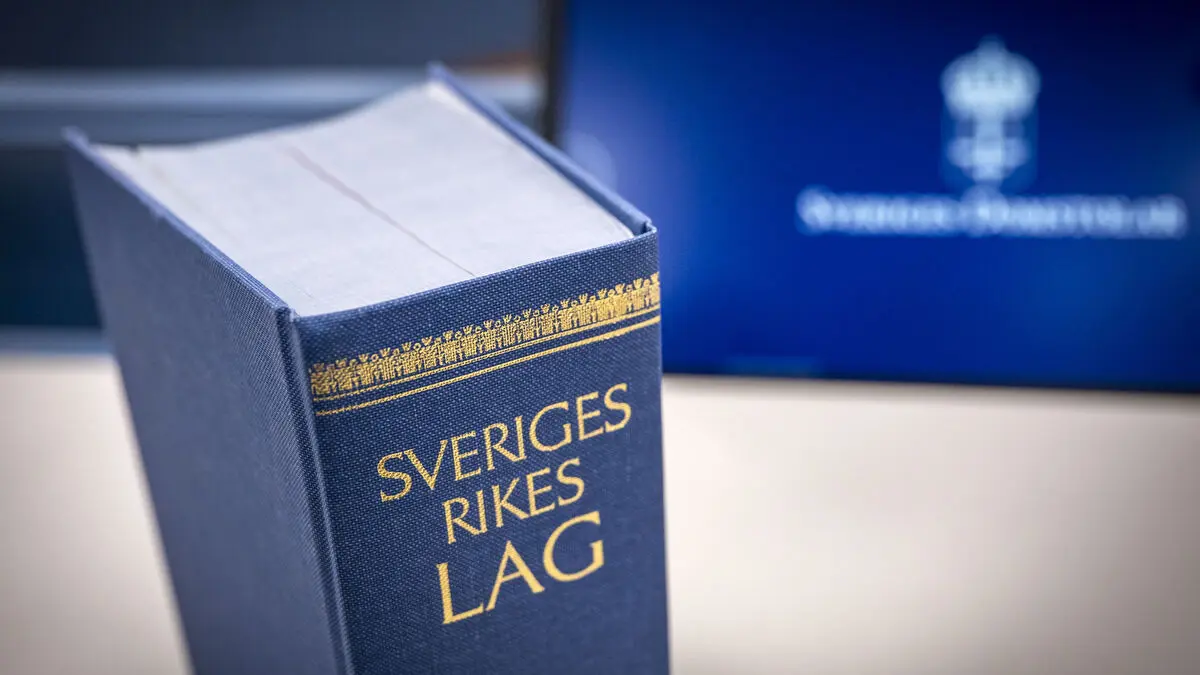A week ago, the Sweden Democrats submitted a parliamentary motion for special legislation for gang criminals.
Now the motion has been withdrawn.
"We have chosen to withdraw the motion since we now have the opportunity to incorporate our proposal for special legislation for gang criminals into the ongoing negotiations with the government," says SD's legal policy spokesperson Richard Jomshof in a comment.
The idea is that individuals who are active in criminal gangs should be labeled as gang criminals and that a range of new measures should be directed against them. These include, among other things, curfews, mandatory electronic tagging, and the possibility for the police to detain gang criminals in a preventive manner. The prison standard is proposed to be the lowest possible.
Make it unbearable
The motion also proposed business bans, extended account monitoring, prohibition on withdrawing cash abroad, association bans, and prohibition on working in socially sensitive professions and in political parties.
Gang criminals' property should, according to the SD, be able to be seized on the spot if they do not have a taxed income and cannot reasonably prove that they obtained the property legally.
The purpose of the special legislation is to make it so "unbearable" to be a gang criminal that they themselves seek out tough exit programs, including mandatory discipline training.
For young gang criminals who have turned 15, it is proposed that they be moved from school to a correctional institution where "military discipline" prevails and the days are spent working. Gang criminals under 15 should be moved to duty schools with "hard discipline".
Lifetime imprisonment for 15-year-olds
According to the motion, the courts should, in the most serious cases of gang crime, such as when a boy has murdered several people, have the opportunity to sentence 15-year-olds to life imprisonment.
The SD also wants measures to be directed against relatives of gang criminals. For example, prohibition on them working in socially sensitive professions. It is also proposed that fingerprints be taken from relatives and that the requirements for secret surveillance of them be lowered. Being a relative of a gang criminal should also weigh heavily in the assessment of an unsatisfactory lifestyle in migration cases.
"The greatest chance of success is to drive these issues together with the government parties," writes Jomshof.






